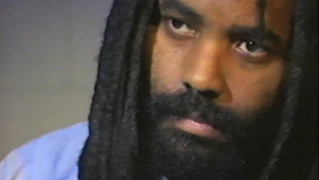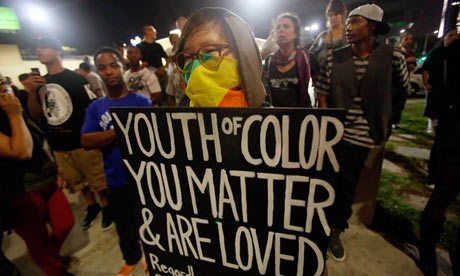On Assata
By Darol Kay
I can’t quite pinpoint my first memory of Assata Shakur. Her story was not included in the endless number of VHS tapes or DVD’s that my father kept stacked neatly in the corner of his room. Her story didn’t make its way to me via a curriculum in high school or college. As a youth who grew up in the so called inner-city of Los Angeles, California, I was not exposed to any community-based political education classes that explained who she was or why her story was absolutely integral to my life’s journey. Yet, I would still come to know her name — “she who struggles, the thankful one.” Assata Shakur’s indomitable spirit and immeasurable courage and love for black people immediately jumped off the pages of her autobiography, Assata, when I first read it several years ago. Her life and words make plain the unfinished project of black freedom that demands the attention of every black person alive today and those yet to come. In a world that doesn’t equate being black with being human, Assata points me towards an unflinching embrace of blackness and black people that seeks to disintegrate this world and replace it with one where the terms “black life” and “black freedom” are no longer oxymorons. For me, she personifies the fact that black people are worthy of protection; our lives are valuable. Considering black folks are shot down by the police and vigilantes every 28 hours in America, the very utterance of such a declaration is revolutionary. Thank you Assata. The struggle continues…
Hands off Assata!
Free All Political Prisoners!
_____________________________________
 Darol Kay is a doctoral student in the Visual Studies Ph.D. program at UC Irvine. His work focuses on the figure of the black soldier in and throughout the history of U.S. cinema and theorizes how blackness puts pressure on the concepts of freedom, death, and citizenship, while simultaneously it represents an excess to the general conceptualization of war. He earned his B.A. in Africana Studies from California State University, Dominguez Hills.
Darol Kay is a doctoral student in the Visual Studies Ph.D. program at UC Irvine. His work focuses on the figure of the black soldier in and throughout the history of U.S. cinema and theorizes how blackness puts pressure on the concepts of freedom, death, and citizenship, while simultaneously it represents an excess to the general conceptualization of war. He earned his B.A. in Africana Studies from California State University, Dominguez Hills.



0 comments